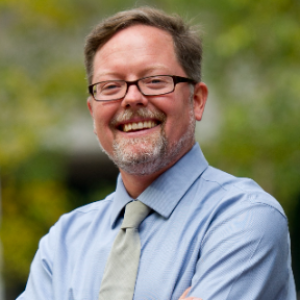Title : Supramolecular nano chemistries: Fighting viruses, inhibiting bacteria and growing tissues
Abstract:
Self-assembled, supramolecular chemistries were fabricated out of the DNA based pairs guanine and cytosine (G^C) to self-assemble into a rosette nanotubular structure when added to biological fluids through the formation of H-bonds in the x, y, and z directions. This presentation will cover the diverse promising medical (including tissue engineering and anti-viral) applications of rosette nanotubes. For tissue engineering applications, the rosette nanotubes have been well studied in vitro and in vivo for orthopedic, cartilage, wound healing, vascular, bladder and other medical applications. Rosette nanotubes (commercialized under the trade name ArxisTM) were injected into bone and cartilage defect sites and after 16 weeks and showed significantly new bone and cartilage growth compared to controls. In this manner, such materials may represent the future supramolecular chemistry for tissue engineering applications, replacing metallic orthopedic implants which currently have a failure rate of 5 – 10%. The rosette nanotubes have also been commercialized under the trade name Nx3TM for encapsulating and passivating numerous viruses in the body such as SARS-CoV-2 (which causes COVID), rhinovirus, influenza, and more. Specifically, in vitro studies using a transgenic mouse model demonstrated that after inhalation, Nx3TM reduced RNA in the lungs of SARS-CoV-2 infected mice similar to the control Paxlovid (Pfizer) which is currently being used clinically to decrease COVID symptoms. However, unlike Paxlovid, COVID symptoms did not return after stopping Nx3TM treatment. In this manner, such materials may represent the future supramolecular chemistry for treating viruses.




